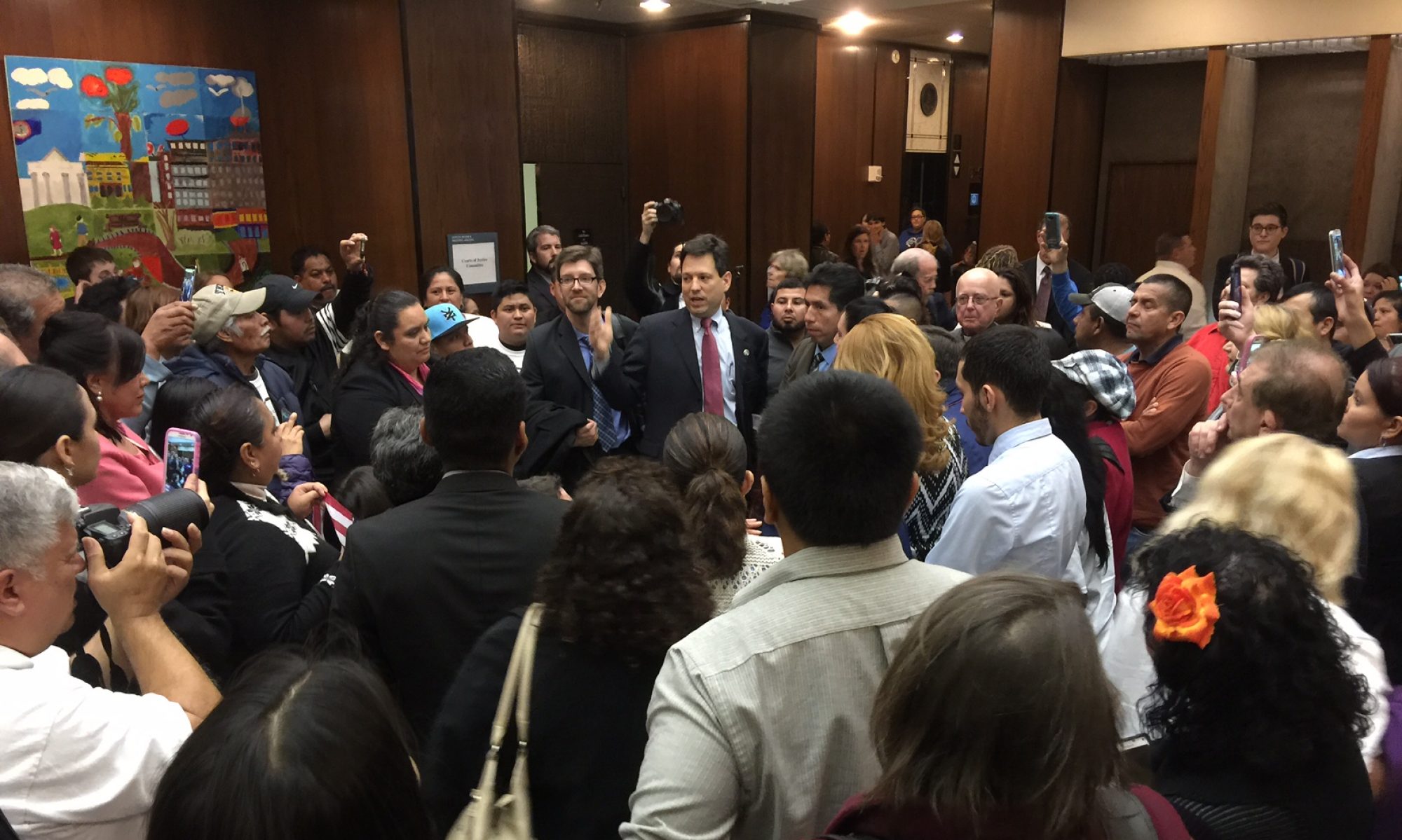Virginia is blessed with natural resources, from the Blue Ridge Mountains to the Atlantic Ocean. We are fortunate in the 34th District to live near the “nation’s river” and have:
- Mason Neck State Park
- The George Washington Memorial Parkway (including Fort Hunt Park)
- Mason Neck and Occoquan National Wildlife Refuges
- Pohick Bay Regional Park
- Dozens of Local Parks Including: Huntley Meadows, Vernon Heights, Muddy Hole Farm Park
We must invest in these assets to ensure they are first class assets for the public’s enjoyment.
Our community also depends on clean air and water and our country has some of the strongest public health measures in the world.
Greenhouse gasses, such as manmade methane and carbon dioxide from vehicles and carbon-fired power plants, threaten not only our Commonwealth, but the entire planet. While the solutions are multiple and require action across the globe, Virginia has a role.
American’s cheapest energy resource is energy efficiency and Virginia ranks in the bottom tiers of states. We could meet 20 percent of our energy needs through measures like tougher building codes, weather stripping, and more conserving commercial lighting and heating.
Virginia has been growing solar at a rapid pace since 2015, but most of it is owned by incumbent electrical monopolies. Our neighboring jurisdictions have grown solar by using consumer, business and independent owned facilities while other jurisdictions require a home energy audit before the transfer of dwellings so that energy upgrades can be negotiated by the buyer and seller during the sale process if they choose to consider it. Virginians deserve the same benefits.
Virginia’s environment faces several challenges today:
- Northern Virginia does not meet federal air quality standards. The parent of every asthmatic child understands how serious this is on “bad air” days.
- At least 80 percent of Fairfax, Prince William and Stafford County’s streams are in fair to poor condition.
- Only a few years ago, the Potomac River got a grade of D for its health.
- Fairfax, Prince William and Stafford Counties’ tree cover has plummeted from 75 percent in the 1970s to 40 percent today.
- Greenhouse gas emissions from our vehicles, buildings, electricity use and manufacturing facilities are leading to sea level rise, more respiratory and vector-borne diseases and more extreme weather events.
- Eastern Prince William County is home to one of the largest coal ash repositories in the Commonwealth – holding over 4 million cubic yards – that is leaking toxic heavy metals into our waters.
- Commuters in the I-95 Corridor are too automobile dependent, remain stuck in traffic and do not have sufficient transit options for commuting
In order to remedy these problems, I have:
- Required Alexandria to clean up its combined sewer-stormwater system to stop putting human waste in the Potomac River
- Required Dominion to clean up Possum Point
- Led the effort to bring Bus Rapid Transit down U.S. 1 and eventually expand Metro to Hybla Valley, and Fort Belvoir, and Potomac Mills in Woodbridge
We need to continue working to:
- Focus development around public transit stations and on walkable communities.
- Create a dedicated funding stream for bike and pedestrian retrofits
- Require local governments to adopt meaningful tree ordinances.
- Mandate energy and water-conserving and low-impact development techniques.
- Continue incentives for consumers to purchase energy efficient appliances.
- Provide state tax credits for installation of solar panels, geothermal heat pump systems, wind, and other energy saving home improvements.
- Encourage informational home energy audits (similar to a home inspection) upon the transfer of a dwellings between parties.
- Expand the use of public transit and alternate modes of transportation.
- Create incentives to transition to a clean energy economy and use more of Virginia’s resources such as offshore wind and solar.
- Explore more natural landscaping and native plants along Virginia’s roads to reduce taxpayers’ mowing and maintenance expenses.
- Create incentives for Virginians to purchase electric vehicles (EV) and incentivize the development of EV charging infrastructure throughout the Commonwealth.

